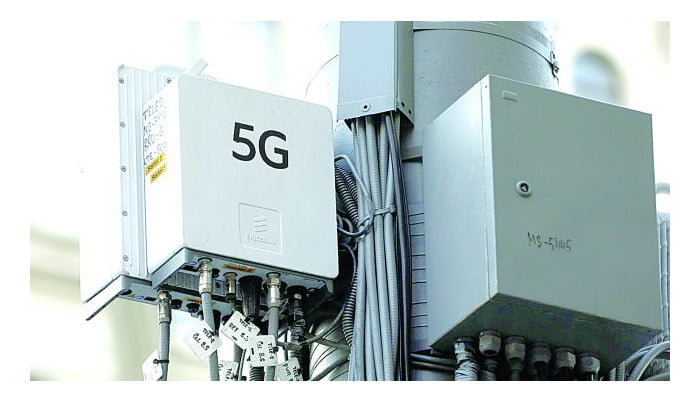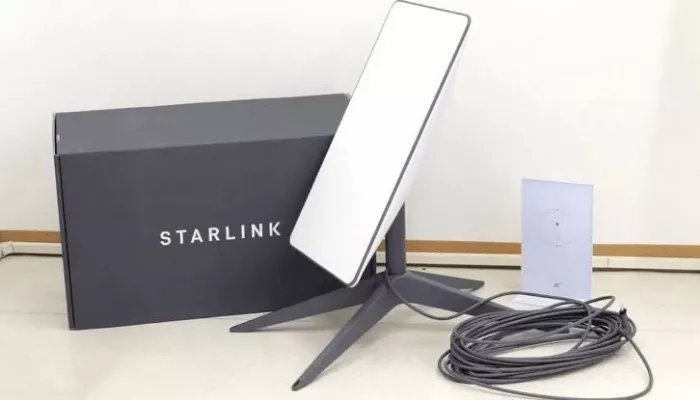MTN and Airtel Nigeria are expected to be the first two telecom providers to bring out the fifth-generation 5G network in Nigeria by January 2022, according to reports. Prof. Umar Dambatta, Executive Vice President of the Nigerian Communications Commission, NCC, stated this yesterday at the Nigerian E-Government Summit in Lagos, where he sheds additional light on the 5G roadmap.
During a keynote speech at the event, Danbatta disclosed that the commission had given Airtel the opportunity to demonstrate its own 5G services in order to see how efficient they might be.
Remember that MTN was given the same chance, and the trial took place in 2019. The NCC is also conducting another non-commercial experiment with Airtel, according to Danbatta.
He said: “We recently granted approval to non-commercial 5G and 3.5G Proof-of-Concept (PoC) tests to MTN Communications PLC, and we are now in the process of another non-commercial test with Airtel.
Airtel has also confirmed the development, saying the trial should have taken place in September.
A trusted Airtel source who declined to be quoted said: “True, we are ready to begin non-commercial 5G testing across the country. The trials should have happened this September, but we will start very soon, ”he added.
Only MTN and Airtel have completed spectrum band acquisitions since his commission released the Spectrum Trading Guidelines, which allow operators to transfer, lease, or share spectrum resources.
“Spectrum’s two-band trading, the 2 x 10MHz transfer on the 900MHz Extended GSM Band from Intercell to Airtel, and 2 x 10MHz on the 800MHz band from Intercell to MTN, have been commercialized successfully,” he said.
Although the NCC did not specify when the country’s 5G network will be shut down since the license auction has yet to take place, trustworthy insider sources indicated the network’s rollout would commence in January 2022.
“Following the presidential approval of the 5G Policy, we have developed a 5G implementation plan for Nigeria’s digital economy and created a committee to auction the 3.5 GHz band for the deployment of 5G in Nigeria,” Danbata said at the summit, represented by Executive Commissioner, Stakeholder Management, Barr Adewolu Adeleke. The auction’s details will be released in due time.
”The Commission is updating the National Frequency Allocation Table, NFAT, for more efficient spectrum allocation and use to reflect the recommendations of WRC-19. We are also opening up some new spectrum bands for use, such as the 60 GHz V band and the 70/80 GHz E band for point-to-point and point-to-multipoint deployments.
“We are working in collaboration with the National Frequency Management Council, NFMC and the National Broadcasting Commission, NBC, to ensure that the 700MHz and 2.6GHz bands are completely free of any encumbrance so that they can be assigned to Operators for their implementations. broadband.
“We recently granted approval for proof of concept (PoC) and non-commercial 5G trial in the 3.5 and 26GHz bands to MTN Communications PLC. We are also in the process of another trial with Airtel.
“Since then, we have published Spectrum Trading Guidelines to allow operators to transfer, lease or share spectrum resources. Two Spectrum bands have been successfully marketed. The transfer of 2 x 10MHz in the 900MHz Extended GSM Band from Intercell to Airtel, and 2 x 10MHz in the 800MHz band from Intercell to MTN.
“We recently concluded the development of Guidelines on TV White Space, TVWS, for the deployment of broadband services in the country.
“We have created a Satellite Unit within the Department of Technical Standards and Network Integrity for the regularization of the activities of Satellite Operators in Nigeria (including Space Station Operators and Earth Station Operators).”
He explained that these changes, among other things, are aimed at ensuring that Nigerians have access to a reliable and inexpensive network infrastructure to support e-government and other digital economy projects.











